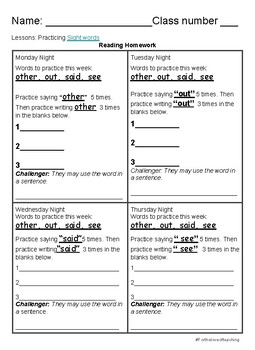


Three other recent studies focusing on pre-kindergarten, and two looking at kindergarten, have found that students in classrooms with more advanced instruction scored higher on assessments.īut Marcy Guddemi isn’t convinced. It’s the latest in a string of research highlighting the potential benefits of more rigorous academic content in earlier grades. Advanced language arts instruction didn’t relate to any clear social-emotional benefits, but didn’t seem to harm students, either.

In classrooms with more advanced math content, the students displayed stronger interpersonal and attention skills. More counterintuitive, to the researchers, were their other findings. One unsurprising connection: being in a classroom with a greater academic focus in both language arts and math meant students were more likely to earn higher test scores in each subject. Importantly, the study controls for outside factors like poverty, prior academic skills, and parental education that might affect students. The researchers looked at kindergarten classrooms where teachers reported spending more time on certain advanced topics like alphabetizing words or recognizing fractions. Notably, though, the study largely predates the rollout of the Common Core standards, which some educators argue have pushed too much academic content into early grades.) (That’s a useful year to examine, because the widely cited study showing that kindergarten had become more academically focused looks at changes between 19. The paper is a sweeping one, using data on nearly 20,000 kindergarteners from across the country in the 2010-11 school year. “The results bolster the stance of researchers who believe that challenging academic content is not necessarily at odds with children’s healthy development,” the five researchers wrote in the peer-reviewed American Educational Research Journal study.


 0 kommentar(er)
0 kommentar(er)
